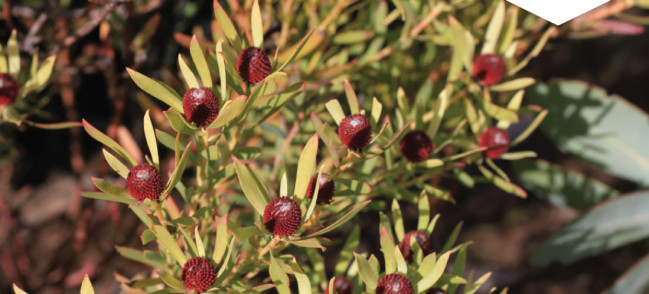William Bond, the Harry Bolus Professor of Botany in the Department of Biological Sciences, has become just the fifth African scientist and third South African to be elected as a foreign associate of the United States’ National Academy of Sciences (NAS). This award was, in particular, for his major contributions to the understanding of savannah grasslands and the role of fire in shaping their ecology.
Professor Bond, an ecologist with an interest in the processes that control large-scale vegetation, joins an elite group of eminent scientists from around the world. The NAS, which celebrated its 150th anniversary last year, is an independent body of approximately 2 200 members and 400 foreign associates. Nearly 200 members of this prestigious body are Nobel laureates.
Professor Bond and his colleagues in South Africa and elsewhere have shown that wildfires are a major force in shaping global vegetation – and have been for many millions of years.
“African vegetation is particularly interesting and challenging to study because of the complex interplay between climate, fire, large mammal herbivores, people, and increasing CO2, the hidden hand of global change,” said the National Research Foundation (NRF) A-rated researcher.
He joins Professor Richard Cowling, a conservation biologist at Nelson Mandela Metropolitan University, as the only two current South African foreign associates of the NAS. Africa (including Madagascar) has only four foreign associates. This year, Dr Meave Leakey from Kenya was also added as an associate.



Comments are closed.